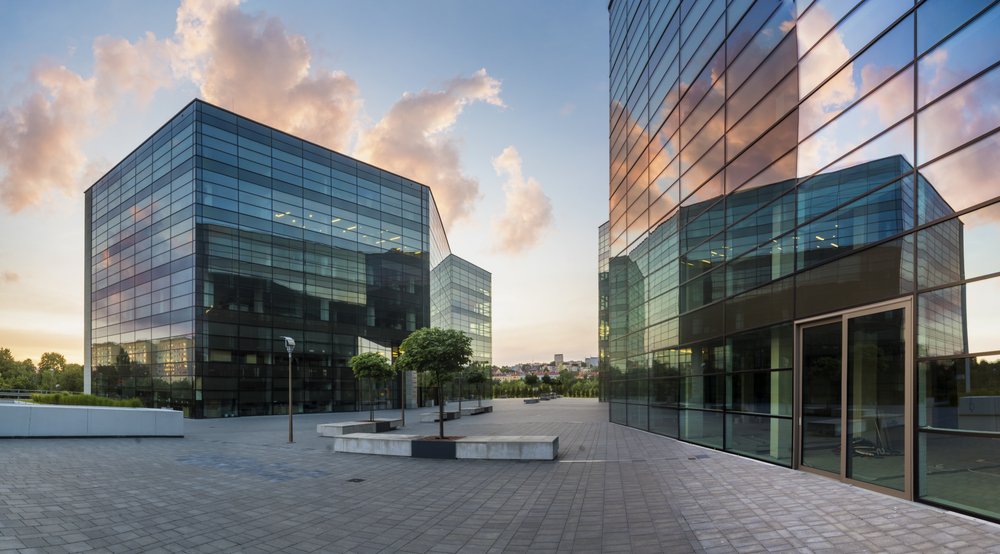


Per the Insurance Journal, 40% of small businesses in the U.S. have no insurance coverage, while 75% of all American businesses are underinsured. This means that these businesses have little or no protection against perils such as fire, theft, and contract disputes, among others. This is where commercial insurance comes in handy. Here's some more information on this topic.
Commercial property insurance covers properties that are essential for the operation of your business, including buildings, offices, stores, inventory, furniture, and other physical and virtual assets that are important to your company. In many cases, these policies also compensate you for any loss in income or increased business expenses that result from covered perils. So commercial property insurance is useful whether you're in manufacturing, retail, service-oriented businesses, or not-for-profit initiatives.
Commercial property insurance coverages vary based on the needs of the insured. As you set up your policy with your agent or carrier, you should customize it to cover the perils prevalent in your line of business and geographic area. So, together with your insurance agency, you should put together an insurance policy that suits your needs.
Besides your business premises, commercial insurance also covers movable business property. In an office, the content protection coverage may protect your computers, server, furniture and even pay for the recreation of your records and documents. In your warehouse, it may protect equipment, vehicles, and tools that you use daily. In retail, it may cover your inventory.
Property insurance can also cover some of your assets that are outside your business premises, including, among others, external structure, fences, landscaping. Your policy may also extend coverage to key business assets that are in use off your premises. For instance, it may cover a company laptop that's assigned to a salesperson who travels frequently. If they lose it during a trip, your insurer can replace it, depending on the terms of your policy.
Commercial insurance also covers loss of income or extra expenses resulting from property loss. For instance, if you can't operate your business for two weeks due to water damage, your policy may compensate you for the lost earnings during the two-week downtime.
When crafting your insurance policy, you get to choose between getting coverage for only "named perils" or all perils. You'll likely pay higher for "all perils" coverage. With "named perils" coverage, your policy only covers, as the name suggests, particular perils that you've agreed on with your insurer.
The actual cost of commercial insurance coverage depends on various factors, including, among others:
Construction - The state of the building as well as the construction materials used will impact your premiums. Your HVAC systems and electrical systems can affect your rates as well. Fire-resistant construction materials attract lower premiums.
Location - Buildings in towns and cities with robust fire protection measures and low crime rates will typically attract lower rates than buildings that are in locations with high crime rates and limited fire protection.
Occupancy - The type of businesses that operate in your building can impact your rates. For instance, an office block with minimal traffic will likely attract lower rates than a building with a busy restaurant and mechanic shop.
Exposure - The insurance company also considers the preventive measures in place, like sprinkler systems, fire systems, and security systems; better systems can attract lower rates.
For a comprehensive insurance policy that'll protect your business from hazards such as flood, fire, theft, and cyberattacks, reach out to our experts at Knight Insurance Services. We will help you find a commercial property insurance policy that suits your needs.